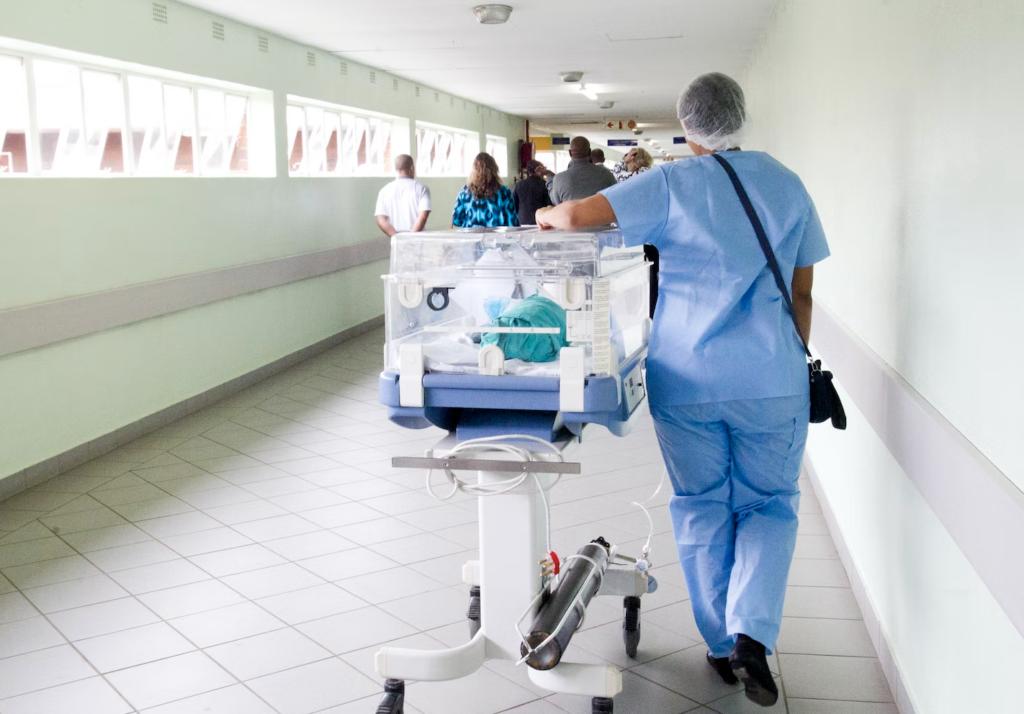Why NonProfit Hospitals Are Facing Intense Scrutiny In One US State
Legislators in Montana are seeking to establish laws that call for nonprofit hospitals to be more transparent with their charitable donations to justify the tax exemption status they receive.
This article is more than 2 years old
Health officials in Montana are proposing to oversee the charitable contributions nonprofit hospitals make in their communities. The move aims to set standards that will justify their access to millions of dollars in tax exemptions. The state Department of Public Health and Human Services will ask lawmakers to approve the proposal, along with other legislation, when they convene in January.
The decision comes two years after a state audit asked the department to play an active role in monitoring nonprofit hospitals. It also follows a KHN investigation that said some of Montana’s wealthiest hospitals lag behind state and national averages in community contributions. An avid supporter of more transparency in what counts as charity, Republican Senator Bob Keenan calls the proposal a start that could be expanded on later.
“Transparency is the name of the game here,” Keenan, who has questioned whether nonprofit hospitals deserve their charity status, said via NPR. The IRS currently requires nonprofit health care facilities to keep a record of spending to promote health and benefit the community. But how hospitals count these contributions to justify their tax exemptions varies widely.
National researchers who study community benefits have called for tightening standards for what defines the requirement. Montana is the most recent state to consider new rules for nonprofit hospitals so that they pay a fair share. People in California are also exploring whether to monitor hospital community benefits and enforce new standards.
Oregon initiated a minimum amount that nonprofit health centers must spend on community benefits. And Massachusetts updated its community benefits guidelines, requiring more detailed assessments of how the spending lines up with specific needs.

Nonprofit hospital industry officials in Montana want to work with the state to shape the proposed legislation. They say the industry will support the guidelines if it doesn’t conflict with federal rules. Dr. Vikas Saini, President of the national health care organization Lown Institute, says to have an impact, any legislation would have to go beyond federal requirements.
In the last few years more people, like Keenan and Saini, have questioned whether nonprofit hospitals are contributing enough to their communities to deserve major tax breaks while becoming some of the largest businesses in town. “Hospitals are sort of the pillars of communities, but people are starting to ask these questions,” Saini explained via NPR.
The Lown Institute, which reviews nonprofit hospitals’ charitable contributions each year, found that most nonprofit systems spend less on “meaningful” benefits than the estimated value of their tax breaks. Meanwhile, the 2020 Montana audit found that health facilities report their benefits vaguely and inconsistently. This makes it difficult to determine whether their charity status is justified.
Interestingly, some nonprofit hospitals have resisted past attempts to impose new rules on community benefit spending. Speaking about similar oversight proposals last year, Jason Smith, Bozeman Health’s Chief Advancement Officer at the time, said the system supported efforts to improve reporting contributions outside of new legislation. He argued that hospitals can do better work without state oversight bodies being placed in the arena.
When asked if the health system still stands by that statement, Denise Juneau, Bozeman Health’s new Chief Government and Community Affairs Officer, said health care officials hope that the new legislation aligns with existing federal guidelines for nonprofit hospitals.





